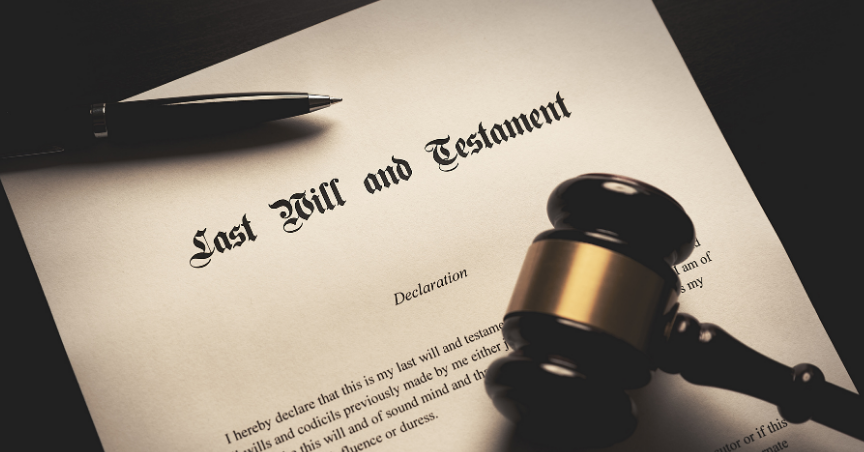Administering an estate to most legal practitioners is something that feels fairly comfortable after a few are under the proverbial belt. Indeed one of the comforts of this area of practice is that it is slow to change and therefore there is a reassurance in consistency. However there is a seemingly increasing danger that the comfort of consistency can in part lead to complacency.
At the beginning of the year I attended a gathering of the great and the good of probate lawyers who were discussing generally the pitfalls of probate practice, and the guard that one must have constantly raised when dealing with estates. Naturally and predictably much of the focus was in dealing with intestate estates, and in particular, what reliance can be given to the assurances of surviving relatives to the existence or not of other relatives?
Of course as even the most novice practitioner in this field would advise one of the first things that is done in this area is to commission the report of a genealogist to provide the family tree together with the relevant commentary of who is passed, who is living, and who is believed to be living but cannot be located. Once this is completed then comfort can be taken with a Will Search to prove that due diligence has been exercised and all is well.
In the main this is followed by taking out the so called comfort policy known as missing wills and missing beneficiary insurance. Most lawyers but perhaps not all are hard wired in this procedure. However there is a potential danger here which can be a result of complacency, where the probate lawyers find themselves dealing with an estate that is supported by a correctly constituted will.
A typical office scenario, the telephone rings. The call is put through, you are informed of someone’s passing and in due course the will with instructions arrives on your desk. At this point the question must be asked, how many lawyers when having a will sat upon their desk, engage in a Will Search particularly if the Will has been done in their own practice? As a junior I vividly recall one of my tasks was to work through the Will bank of the practice and contact clients who had made their Will within the last five years asking if they felt the need to come in and update it.
Several people contacted the practice to state that the person who had been written to had passed and their estate had been dealt with and that they had never visited the law practice concerned.
Some estates had apparently been administered as if intestate while others in the main, had been dealt with on the basis of having found an older Will. This is what is known in legal terms as a mess for those concerned.
The reality of course is that the above scenarios could have been avoided by carrying out a later Will Search to ensure that the Will that was sat on the practitioners desk was the most up to date one and the fact that a further Will had not been made elsewhere. The great advantage of course of this strategy other than to remove another additional worry (that can keep the practitioner awake at night) is the fact that once a search of this type is completed, the practitioner is then in a clear position to advise the taking out of missing wills insurance, just in case there is still a new will out there.
Obviously the position that is advocated in the above is not a one size fits all position. For example if the testator is known personally to the practitioner and dies within a short time of their last will being made then applying a common sense approach is arguably all of the due diligence that is needed on this matter. However, as a general rule when presented with a Will no matter how up to date it may appear unless the practitioner has some special or actual knowledge of what the testator did in relation to their testamentary affairs, then this really is something that should be considered.
Of course and again significantly there is always the matter of executor/client resistance to the notion of carrying out a later will search. Given the very nature of this area of work many practitioners are understandably cautious or reluctant to raise the possibility and its arguable whether to readily accept the assurances of the parties that they are dealing with on their desk is indeed the very final Last Will and Testament that they have.
In order to redress this it is arguable that a later will search should be built into the standard client care package. Should a client or executor then object to the expense of it being carried out, then again the dangers of not doing this should be explained together with the potential personal liability of the executor/executors should a later will be found. If there is still reluctance due to a party being so certain of their conviction then as a lawyer your are duty bound to state that you have dispensed this advice with a recommendation that it be followed and should the worst happen and a later will is found you will be relying on the fact that the advice was given and subsequently ignored.
In conclusion and to refer to the title of this article the word de jour has to be verification. So if you are presented with what you are told is the very final last will….. treat it with caution and if there is any ground or possible reason to doubt it is the last will then make the necessary steps to verify that it is. Once you have verified it, make sure you back this up with insurance……always remember the dangers that lie in presumption.

Author
Ian Grant
Operational Director of the Institute of Paralegals, who became a lawyer in 1994. Since that period Ian has pursued a career in the law that has covered a variety of teaching and writing. He has taught extensively to trainee lawyers on a variety of legal and practice subjects for colleges, universities and government agencies. His area of knowledge includes civil and criminal litigation, the law of torts contract and immigration law. His main area of expertise however has focused on Wills, Trusts, Tax, and Probate which he has taught, practiced law in and written texts on.



